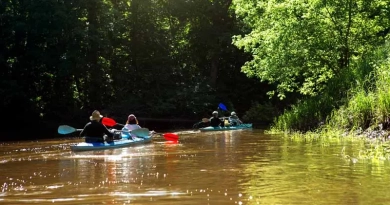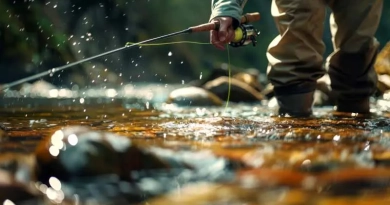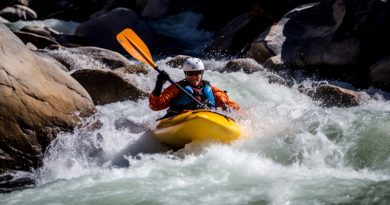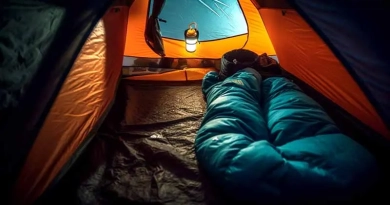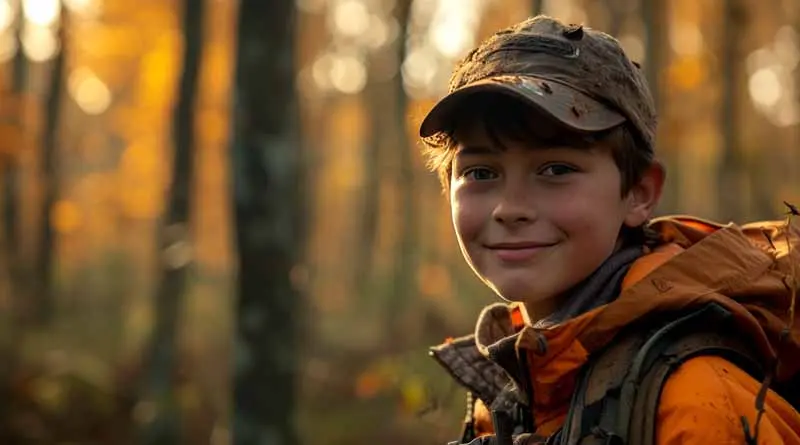
What are the best hunting strategies for beginners?
Entering the Wilderness: Best Hunting Strategies for Beginners
As I sit here, reminiscing about my first venture into the wilds with nothing but a keen desire to learn and an old rifle passed down from my grandfather, I ponder a fundamental question: “What are the best hunting strategies for beginners?” It’s a question not just of technique but of philosophy, a step into a broader world of respect for nature and skill.
Hunting is an age-old practice that demands not just physical prowess but also strategic thinking and ethical understanding. For beginners, the complexity can be daunting, but the rewards of becoming one with nature and mastering the hunt are incomparable.
Options and Obstacles for Beginner Hunters
Entering the realm of hunting presents a variety of challenges for beginners that can be categorized into several key areas:
1. Lack of Experience: Understanding the nuances of animal behavior and habitat requires practical experience, which beginners lack. This includes recognizing animal signs, understanding the best times for hunting certain species, and knowing how to respond in varied hunting situations. Without this knowledge, beginners may find themselves at a disadvantage in effectively tracking and harvesting game.
2. Choosing Equipment: The array of hunting equipment available can be overwhelming for newcomers. The market is flooded with different types of rifles, bows, camouflage, and other gear, each claiming to be essential. For a beginner, discerning which equipment is truly necessary and learning how to use it effectively can be daunting.
3. Safety Concerns: The woods and wilderness can indeed be hazardous, especially for those unfamiliar with their environment. Safety concerns are not limited to the handling of firearms or bows but also include navigating terrain, weather conditions, and potentially encountering dangerous wildlife. Proper training is crucial to avoid accidents and ensure a safe hunting experience.
4. Ethical Considerations: Ethical hunting is about more than following laws; it’s about respecting wildlife and understanding the impact of hunting on populations and ecosystems. Beginners must learn to balance their desire for a successful hunt with practices that ensure the sustainability of wildlife resources.
The Best Solutions and Implementation
To overcome these challenges and develop into competent hunters, beginners can adopt several strategies:
1. Educate Yourself: The foundation of safe and successful hunting is knowledge. Many states and countries require hunters to complete a hunter education course, which covers topics from firearm safety to wildlife conservation laws. These courses are invaluable in providing beginners with the knowledge needed to start hunting responsibly.
2. Start Small: Beginning with smaller game can ease beginners into hunting. Small game hunting involves less risk and requires less equipment, making it an excellent way for beginners to practice stalking, shooting, and field dressing in a more controlled environment. This gradual approach builds skills and confidence.
3. Scout the Area: Familiarity with the hunting area can significantly enhance a beginner’s chances of success. By spending time in the field, observing animal behavior, and understanding the terrain, beginners can better plan their hunts, find advantageous positions, and recognize the best times to hunt specific animals.
4. Practice Ethical Hunting: Ethical hunting begins with taking responsible shots to ensure a quick, humane kill. Beginners should practice their shooting skills extensively and learn to judge distances accurately. They should also familiarize themselves with the ethical guidelines promoted by hunting organizations, which emphasize respect for wildlife and responsible hunting practices.
5. Use Appropriate Gear: Beginners should focus on acquiring basic, high-quality gear suited to their targeted game. This includes a reliable weapon, appropriate ammunition or arrows, basic camouflage clothing, and necessary safety equipment. Avoiding overinvestment in specialized gear initially helps focus on developing fundamental skills.
6. Learn from Others: Mentorship is invaluable in hunting. Experienced hunters can provide practical advice, demonstrate techniques, and share insights that are not available in books or courses. They can also offer encouragement and help beginners navigate the early challenges of hunting.
7. Stay Patient and Persistent: Patience is essential in hunting. Wildlife is unpredictable, and hunting often involves long periods of waiting and observation. Persistence in the face of initial failures is crucial for learning and eventually leads to success.
By implementing these strategies, beginners can navigate the complexities of learning to hunt, ensuring they do so safely, ethically, and effectively, thereby enriching their hunting experience and fostering a lifelong respect for the natural world.
Resources and Tools Needed
To implement these strategies effectively, beginners should equip themselves with the following:
- Hunter Safety Course: Essential for anyone new to hunting.
- Quality Gear: Start with a good rifle or bow, basic hunting clothing, and a simple set of binoculars.
- Hunting License: Ensure you are legally covered to hunt in your chosen area.
- Maps and Apps: Use topographic maps or hunting apps to understand your hunting ground.
Concluding Thoughts
As the light fades and the forest quiets, the thrill of the hunt becomes a meditative experience. For beginners, the journey into hunting is filled with learning and discovery. Each step, each misstep, each moment of success is a building block in becoming not just a hunter, but a steward of the earth’s most precious resources.
Remember, the best hunting strategies stem from respect for the wildlife, the environment, and the heritage of hunting itself. With patience, practice, and preparation, the novice hunter can find great fulfillment in this ancient pursuit, connecting with nature in a profound and sustainable way.

